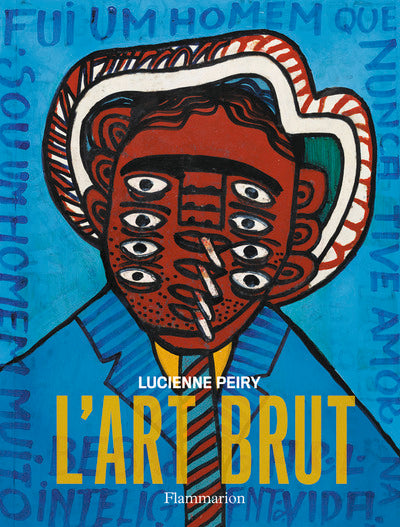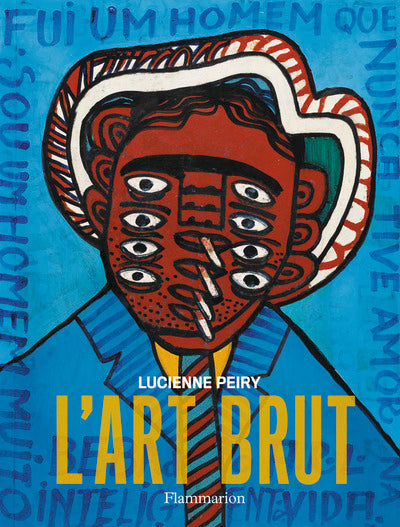Art Brut
Art Brut
Art Brut has recently been enriched by new creators in Europe, Japan,
China, Bali, Ghana and Brazil. Lucienne Peiry, the source of many
discoveries, gives a large place to these new creators in this new
edition, largely enriched and updated, of his reference work. It
traces the history of Art Brut, in connection with the journey of its initiator,
Jean Dubuffet, but also relates the development of Art Brut during the twenty
recent years as well as its current challenges. The 500 works reproduced,
mainly from the Dubuffet collection but also from large
international collections, retain intact their power of fascination and
their subversive freedom - which have inspired many contemporary artists
like Georg Baselitz, Annette Messager, Jean Tinguely, Niki de Saint Phalle,
Hervé Di Rosa or Thomas Hirschorn. From the end of the 19th century, primitivism has
was one of the responses to the search for otherness. But other expressions have
also opened up new perspectives: folk art, children's drawings,
"the art of madmen", automatism or graffiti. The ground was thus prepared
for the "discovery" by Jean Dubuffet of disturbing works, brought together under the
term of Art Brut. Two successful tours in Switzerland introduced him to Wolfli,
Aloïse and Müller. Supported by André Breton and Jean Paulhan, Dubuffet founded in
1948 the Compagnie de l'Art Brut, intended to complete the collections, to
to exhibit and to make an exegesis of it. The Collection of Art Brut finally finds
its place in Lausanne, Switzerland, in 1976, before experiencing an impact
international. From then on, the Swiss institution spreads in a climate
of excitement, while across the world of museums and collections
open their doors to Art Brut. At the same time, it enters the market
and makes increasingly notable incursions into the world of art
contemporary.
Share

